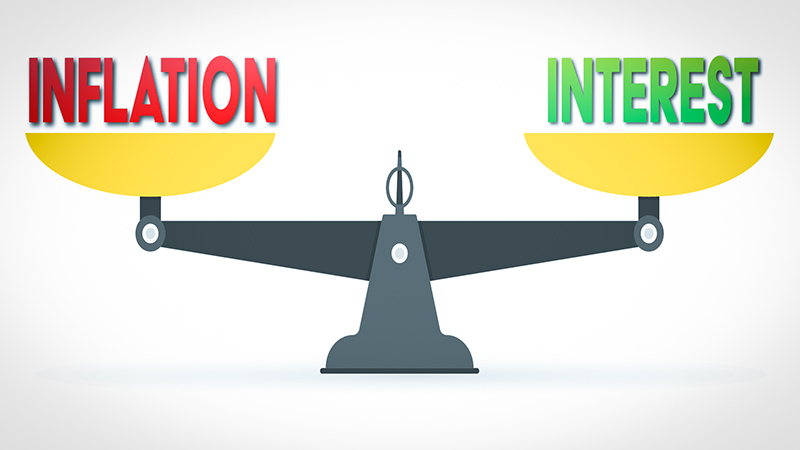
For several months, consumers have demonstrated growing confidence in the Federal Reserve’s ability to manage inflation, as indicated by a steady decline in near-term inflation expectations. However, this trend has recently shifted. In March, median inflation expectations for the year ahead increased for the first time since October, raising concerns about the future stability of inflation rates.
According to the New York Fed’s latest survey, median inflation expectations for the upcoming year increased by a half-percentage point to 4.7%. Curiously, this occurred even as expectations for price increases on essential goods and services, such as food, gas, rent, and medical care, declined last month. This data suggests that the public’s belief in the Fed’s ability to control inflation may be waning, and that inflation may not fall as much as previously anticipated.
While a single month of data does not necessarily signal a significant shift in inflation expectations, continuous readings of this nature could become a cause for concern among Federal Reserve officials. If inflation expectations continue to rise, the Fed may need to reconsider its approach to managing inflation and consider more aggressive measures to maintain price stability.
In addition, rising inflation expectations could have broader implications for the economy, including reduced consumer spending, increased borrowing costs, and uncertainty in financial markets.
The rise in inflation expectations is significant and needs close attention. If this trend persists, it could indicate waning confidence in the Fed’s inflation control, possibly requiring a policy change.
Understanding the factors behind the shift in expectations is crucial for policymakers, businesses, and consumers alike, as they navigate an increasingly complex economic landscape.

